Blog
Advice and expertise from AM, and special guest posts by leading archivists, academics and librarians from around the world.
-
TitleDescriptionDate
-
 Unfolding Empire in Adam Matthew Digital’s Colonial America.
Unfolding Empire in Adam Matthew Digital’s Colonial America.Adam Matthew Digital's Colonial America is a magnificent achievement, testimony to the company's vision and the skill and dedication of the staff in providing accessible, machine readable facsimiles of original historical documents. As a research resource, it is unquestionably enriching the research process. Together with printed collections, online repositories, and archival collections, scholars today have opportunities to scope projects on larger scales. The publication of module IV, covering the proceedings and legislation of the continental American Colonies, enables intercolonial comparative research like no other resource.
-
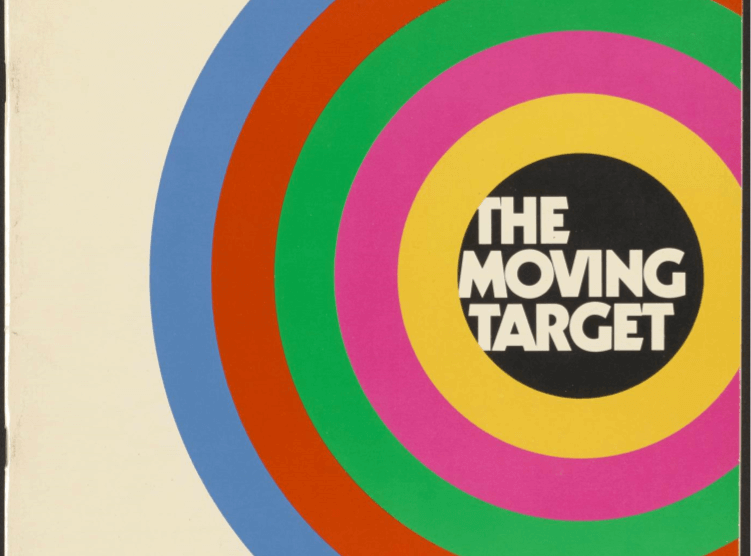 The Moving Target - Marketing to Women in the 1970s
The Moving Target - Marketing to Women in the 1970sRena Bartos was named Senior Vice President at the J. Walter Thompson Company in 1977 and was an influential figure in the advertising industry. She was highly regarded for her pioneering work on marketing to women, a concept she called ‘The Moving Target’. ‘The Moving Target’ focused on changing perceptions of women in the 70s; it was designed to help advertisers recognise the shifting roles of the modern woman, encourage them to portray her more realistically in the media and sell to her more effectively as a consumer.
-
 Were Nazi troops headed for my house?
Were Nazi troops headed for my house?Here in the office, everyone has their favourite search terms when exploring our new collections. I often search for “Devizes” to see what historic documents I can turn up on my own stomping ground. For a small Wiltshire town, the results so far have been surprisingly varied, with letters written from the house next to my favourite Chinese turning up in Colonial America, travel guides for canal walks in Leisure, Travel and Mass Culture, and tales of war-time community spirit in First World War.
-
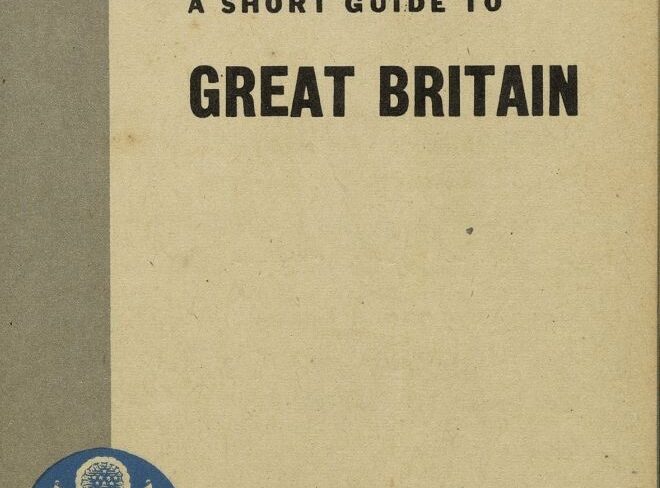 Beer, football and public transport: a GI’s guide to Great Britain
Beer, football and public transport: a GI’s guide to Great BritainIn my time as an intern at AM, I’ve had the pleasure of stumbling across some fantastic sources. One that stood out to me whilst working on the upcoming World War Two: Oral Histories and Personal Accounts project was a booklet produced by the US War and Navy Departments in Washington D.C., titled ‘A Short Guide to Great Britain’.
-
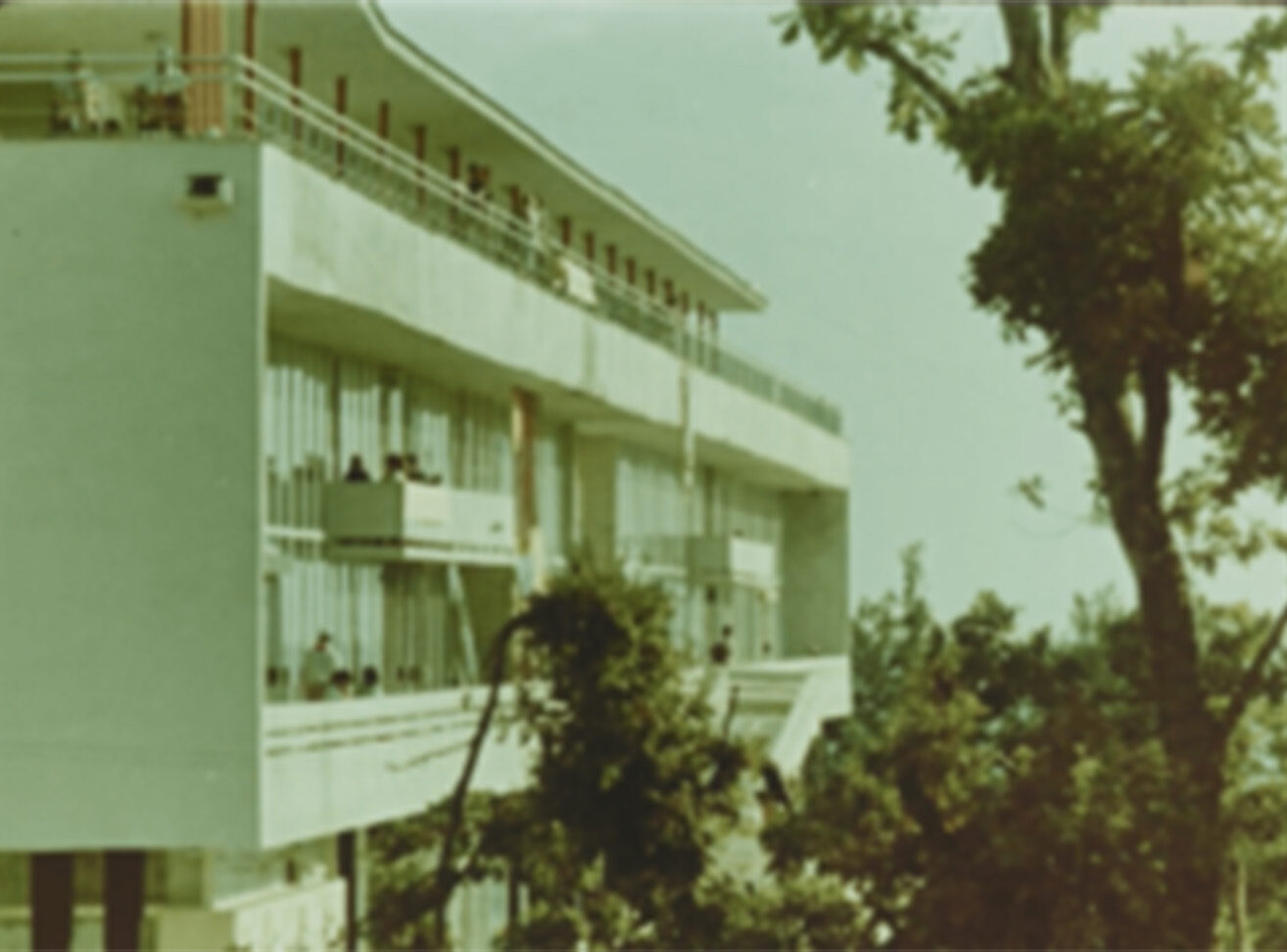 Summer holidays: Soviet style
Summer holidays: Soviet styleAs the thermometers refuse to budge from the high 20s, supermarket freezers become devoid of any ice-based products and social media fills up with photographs of far-flung beaches and pools, thoughts inevitably drift to summer holidays of times past.
-
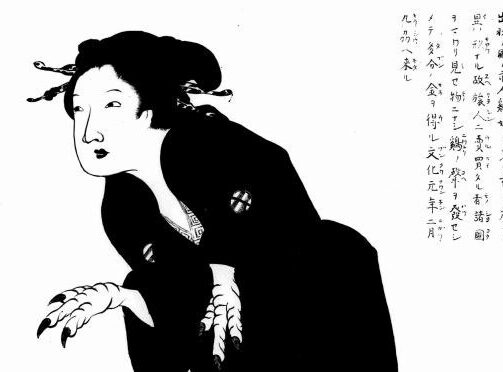 Scary Monsters (and Super Creeps): The Japanese Yokai
Scary Monsters (and Super Creeps): The Japanese YokaiFeatured in the AM Scholar resource, Area Studies: Japan, the ‘Book of Monstrosities’ (or Nihon itai jinbutsu zu) features sketches of various creatures known in Japanese mythology as ‘Yokai’. A group of monsters, ghosts and demons often featured in Japanese folklore, Yokai can be mischievous, malevolent or heroic and are regularly featured in Kaiden (‘Ghost Stories’ or ‘Scary Stories’).
-
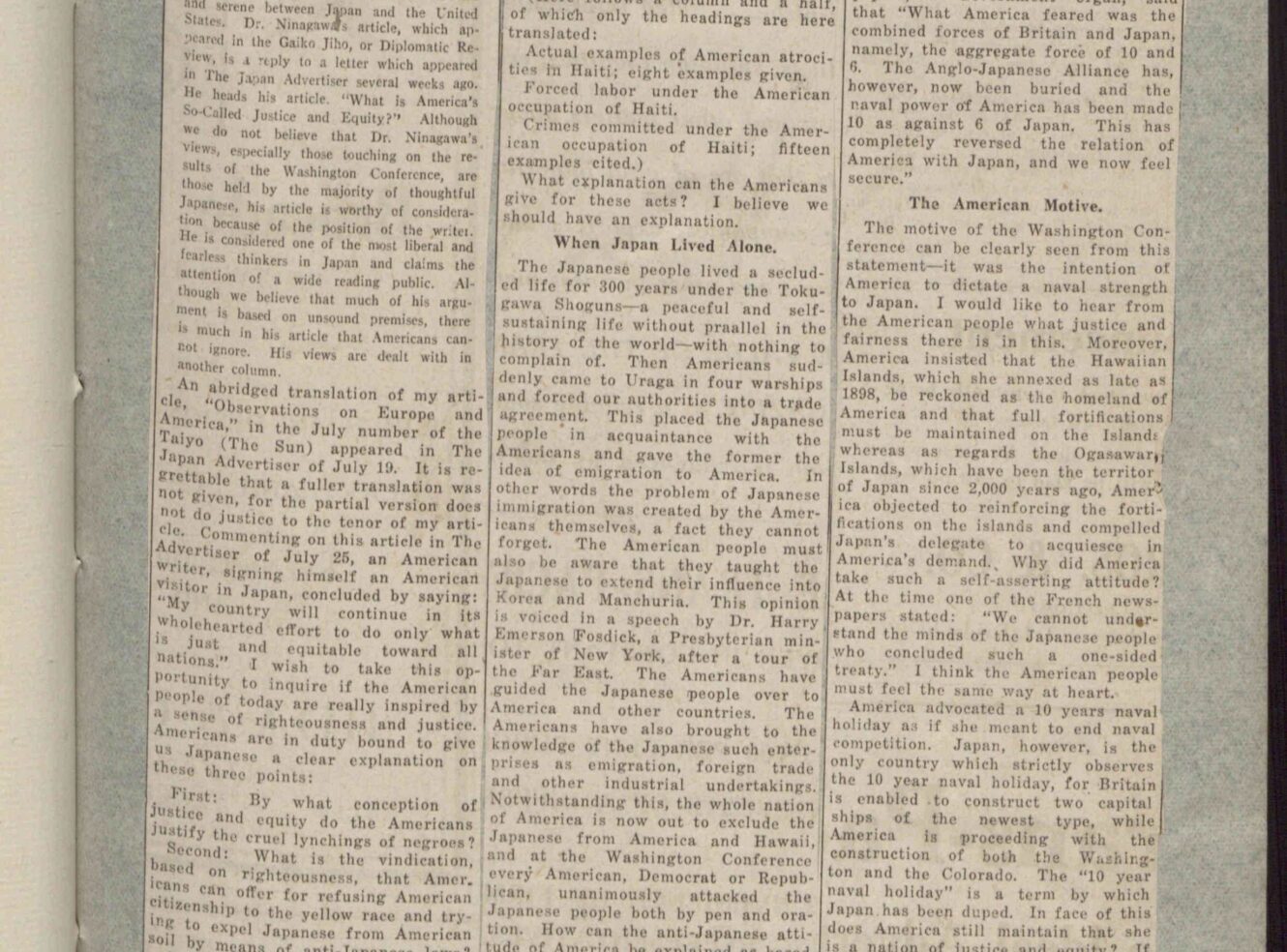 An Island, Alone in the Sea
An Island, Alone in the SeaThe expansionist route that Japan pursued during the 1930s has historically been linked with domestic issues during this decade. However, ahead of the upcoming publication of Foreign Office Files for Japan 1919-1930, I found myself uncovering documents telling a different tale and presenting reasons, during the ‘20s, as to why Japan chose this route.
-
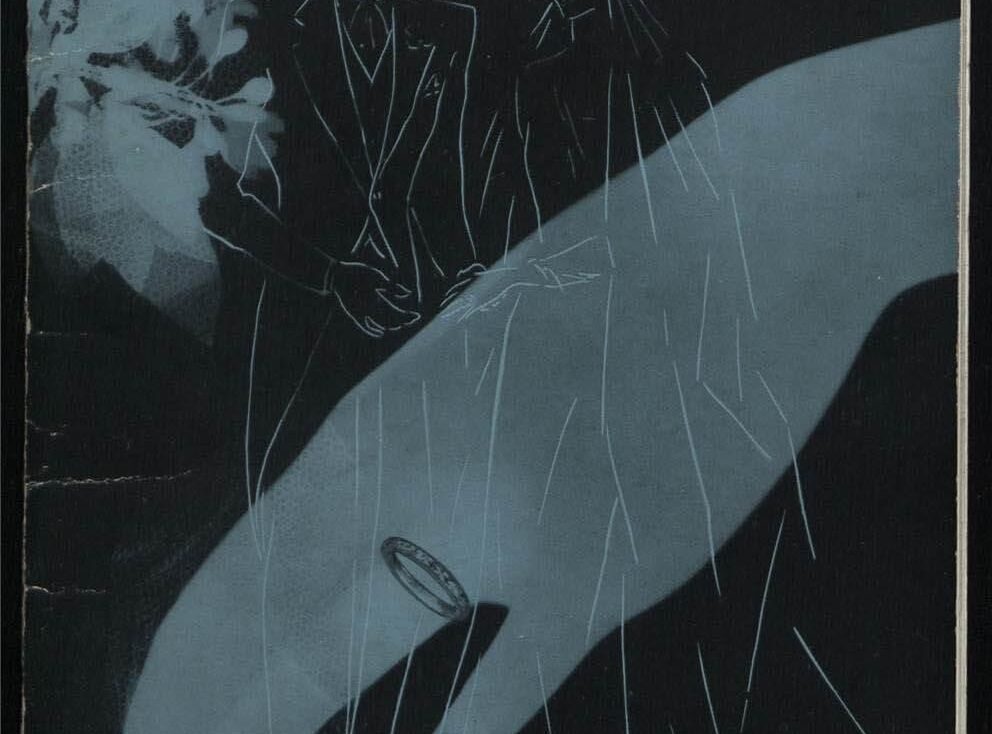 1931 vs. 2018: How Traditional is My Wedding?
1931 vs. 2018: How Traditional is My Wedding?Wedding season is in full swing once again and in light of my own impending nuptials, I’ve decided to take a look back at a bridal etiquette leaflet from 1931 in Adam Matthew’s resource Trade Catalogues and the American Home to explore bridal traditions after months of being asked things like…
-
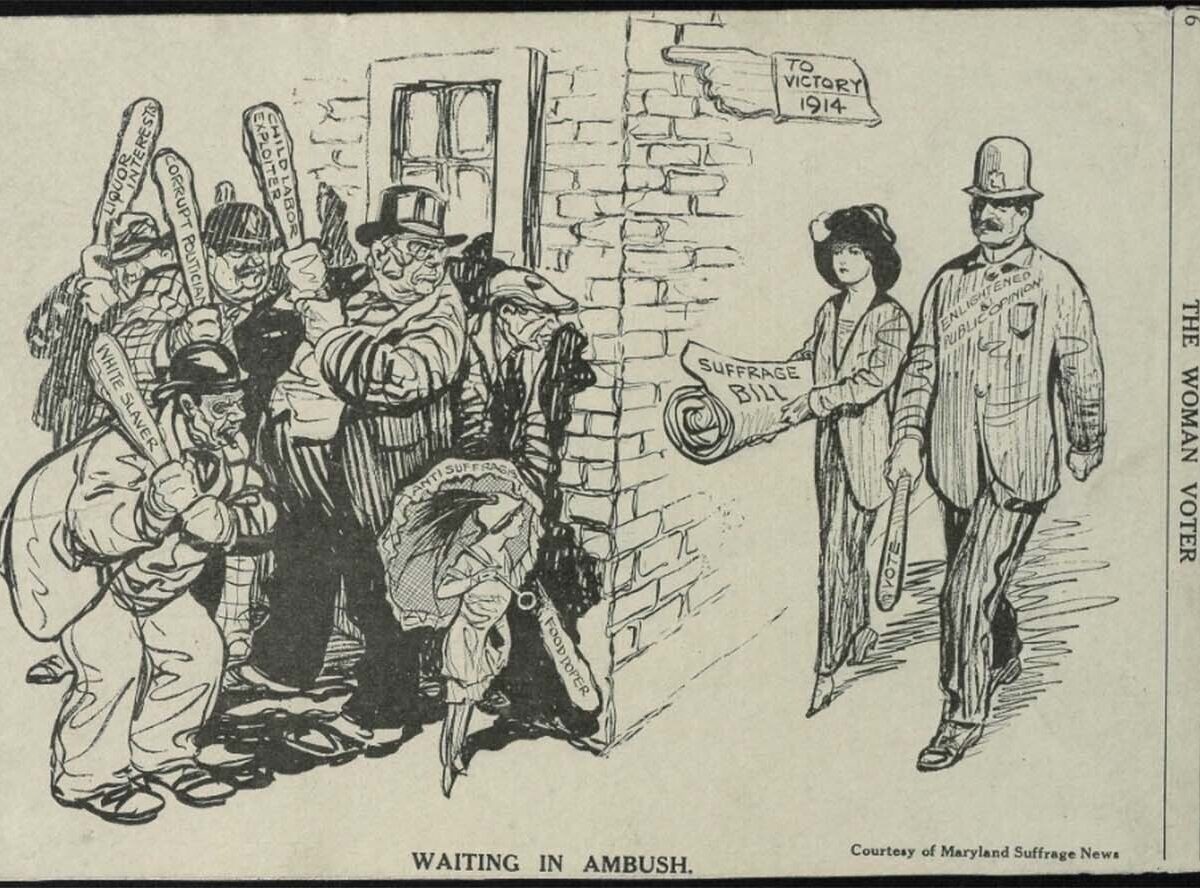 Women’s Suffrage: Getting creative
Women’s Suffrage: Getting creativeAn event at the National Archives celebrating 100 years of women’s suffrage included a talk about Edith Garrud, the woman who taught ‘Suffragette jiu-jitsu’. As well as helping suffragettes to defend themselves in difficult or violent situations, these skills were used to great effect in shining a light on the suffrage movement.
-
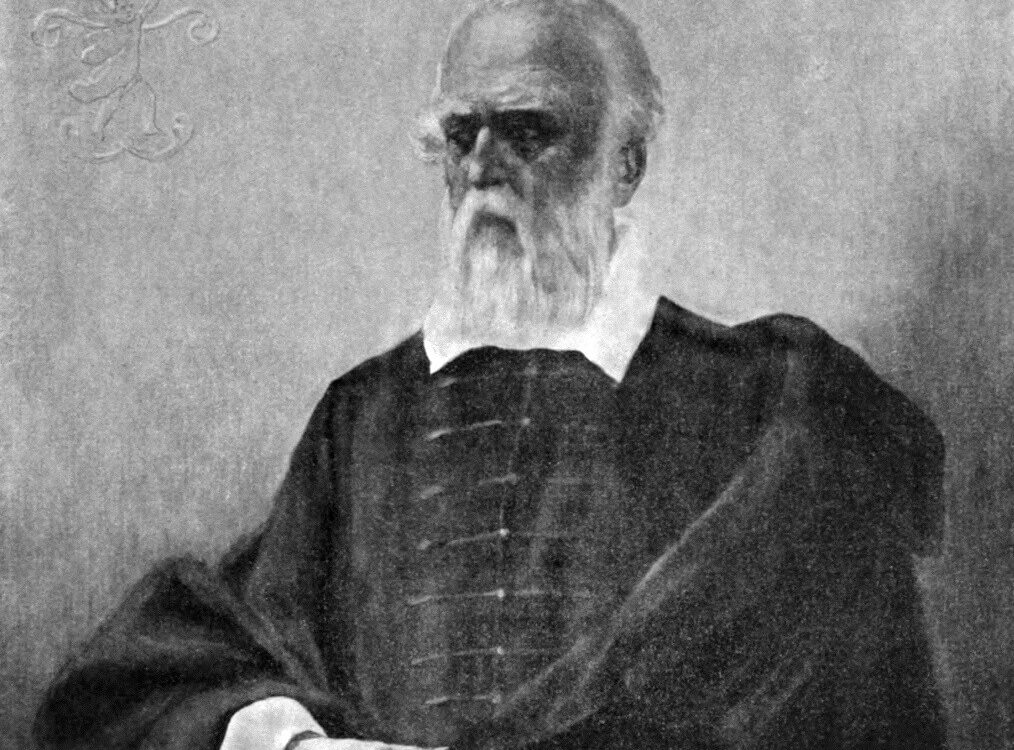 Marko Marulić and the 'Kirishitan ban': The Jesuits in Japan
Marko Marulić and the 'Kirishitan ban': The Jesuits in JapanWhen we’re indexing historical documents at Adam Matthew we’ll sometimes come across one in a language we can’t read. Occasionally we’ll not only be unable to read it but also be unable to identify what the language is, even after consulting multilingual colleagues.
-
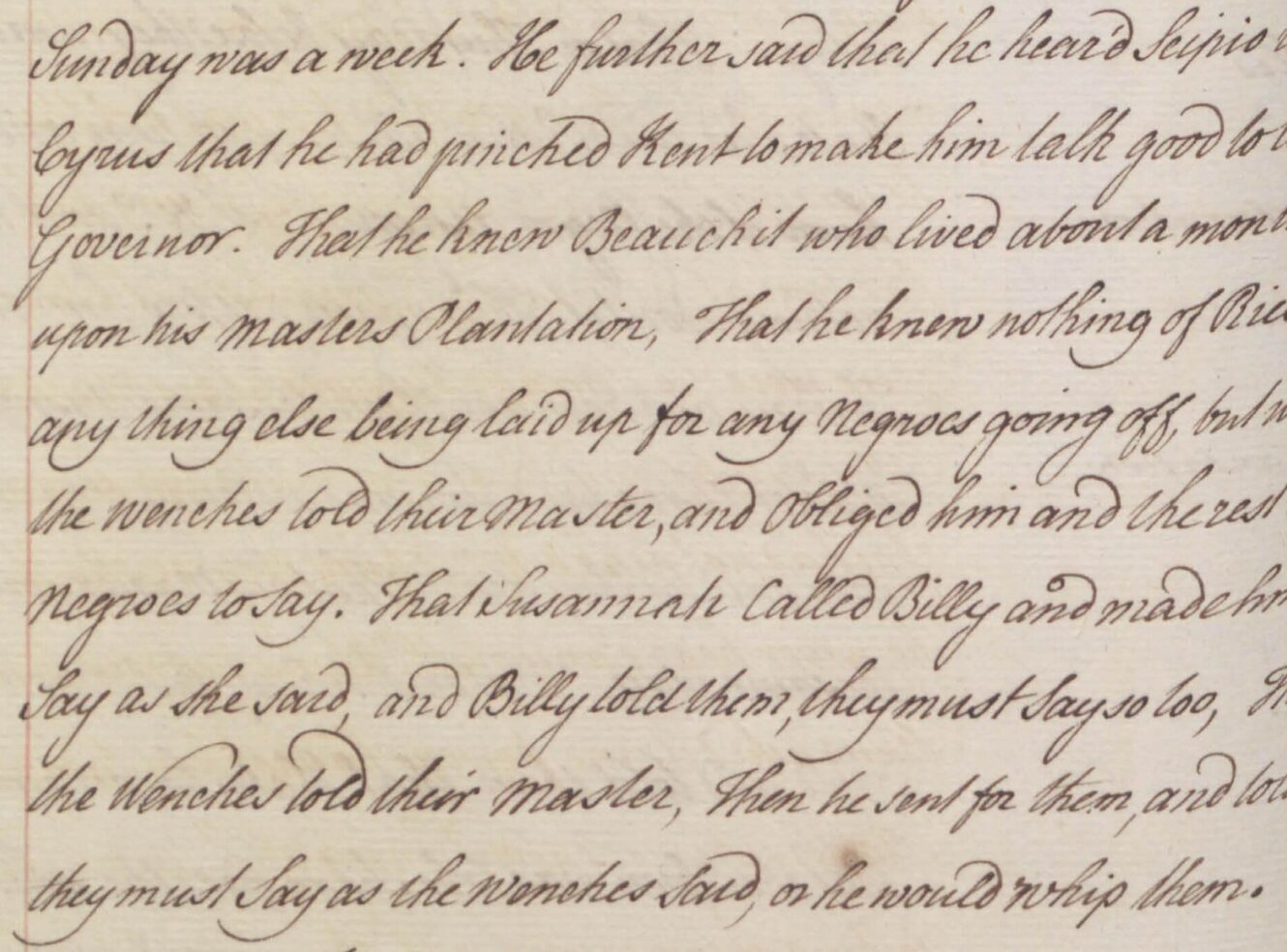 False witness, coercion, and the Cooper River conspiracy
False witness, coercion, and the Cooper River conspiracyOur upcoming resource, Colonial America Module 4: Legislation and Politics in the Colonies, contains many records of petitions, land grants, and legislation, but an entry in the South Carolina Minutes of Council marks the beginning of a drama which demanded the council’s almost entirely undivided attention (and my own) for no fewer than eighty pages.
-
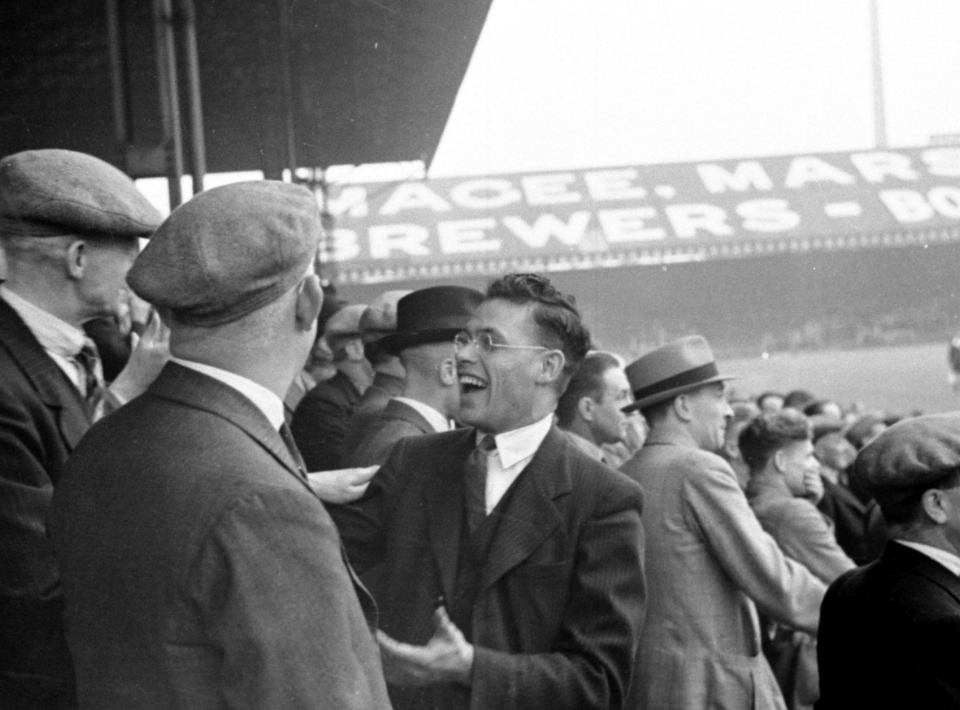 Football during the Second World War
Football during the Second World WarThe 2018 Football World Cup is in full swing, after kicking off (no pun intended, I promise) with Russia vs. Saudi Arabia. Football has long been accepted as crucial form of recreation and relaxation for the masses, and this is evident in reports on spectator sports during the Second World War, which can be found in Mass Observation Online. During times of crisis, Sport, particularly football in Britain was recognised as a way in which to raise morale.
-
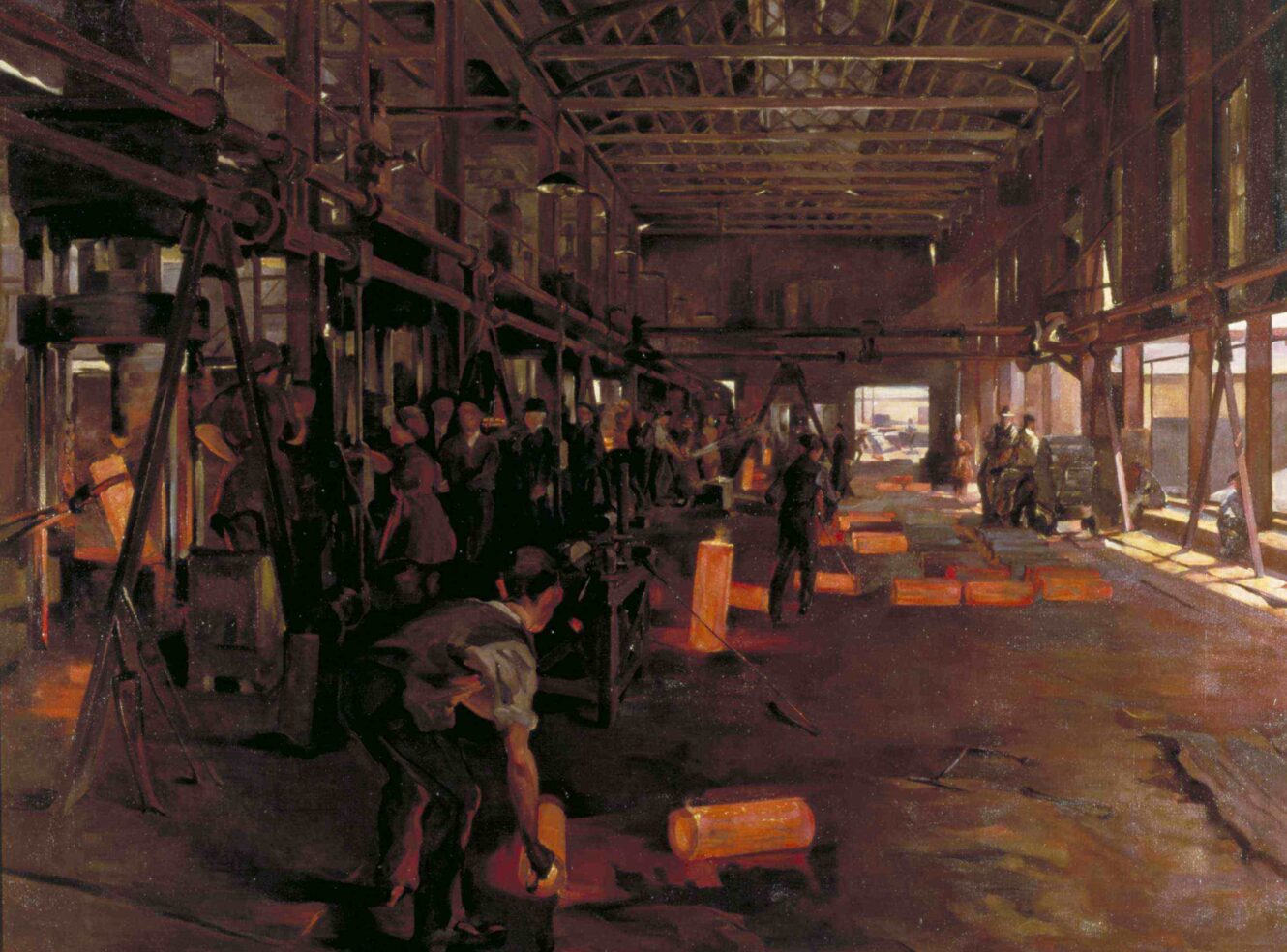 Shoes burnt off my feet: Anna Airy on painting the ferocious heat of WWI shell furnaces
Shoes burnt off my feet: Anna Airy on painting the ferocious heat of WWI shell furnacesA newspaper clipping begins with the following account: ‘A lady engaged in painting, for the Imperial War Museum, in a large munitions factory was watched by two workmen. Said one, “She’s sketchin’ for the papers, ain’t she?” His mate, better informed, replied, “Naow, she’s from the Ministry, she is” and added as an afterthought, “but she seems to know ‘er job"'. The workmen were discussing Anna Airy who, whilst considered one of the leading British women artists of her generation, was also one of the first women to be officially commissioned as a war artist, one hundred years ago.
-
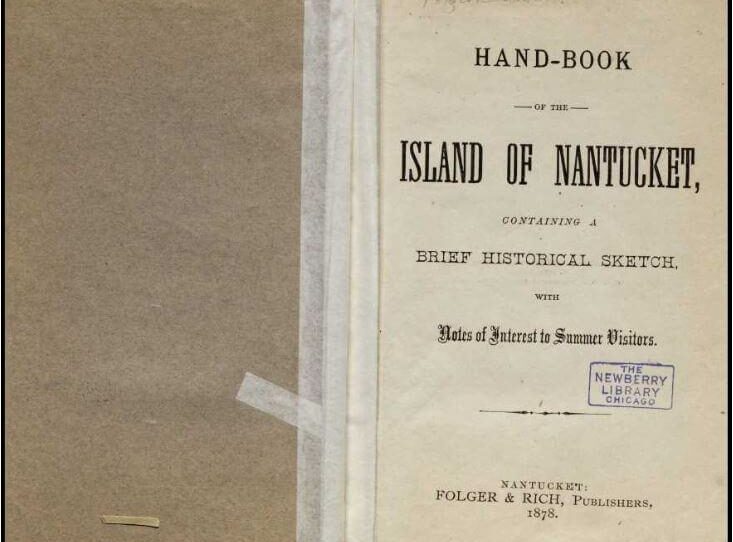 Nantucket as a Summer Holiday Destination
Nantucket as a Summer Holiday DestinationThe small spit of land off the coast of Massachusetts which maps refer to as ‘Nantucket’ was called the ‘far away land’ by its first settlers, the Wampanoag Nation. Nowadays, this small island, which at just under 273 km squared is smaller than Malta or the Maldives, is easy to reach by long-distance bus and the ‘Cape Flyer’, by high-speed ferry or by commercial airline.
-
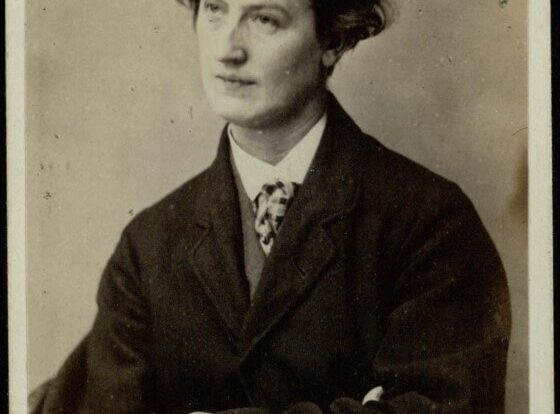 Pea Pickers, Fisher Girls and Market Women
Pea Pickers, Fisher Girls and Market WomenThe Munby collection was bequeathed to Trinity College on the understanding that the deed boxes in which it was held were not to be opened until 1950. Shrouded in secrecy until that date researchers and scholars must have been elated to find the remarkable diaries of Arthur Joseph Munby contained inside. Those opening the boxes also found photograph albums, poetry and an additional set of diaries written by Munby’s wife Hannah Cullwick. This extraordinary collection featured in Gender: Identity and Social Change, is enhanced with Handwritten Text Recognition (HTR) technology to enable full-text searching of the manuscript material.
-
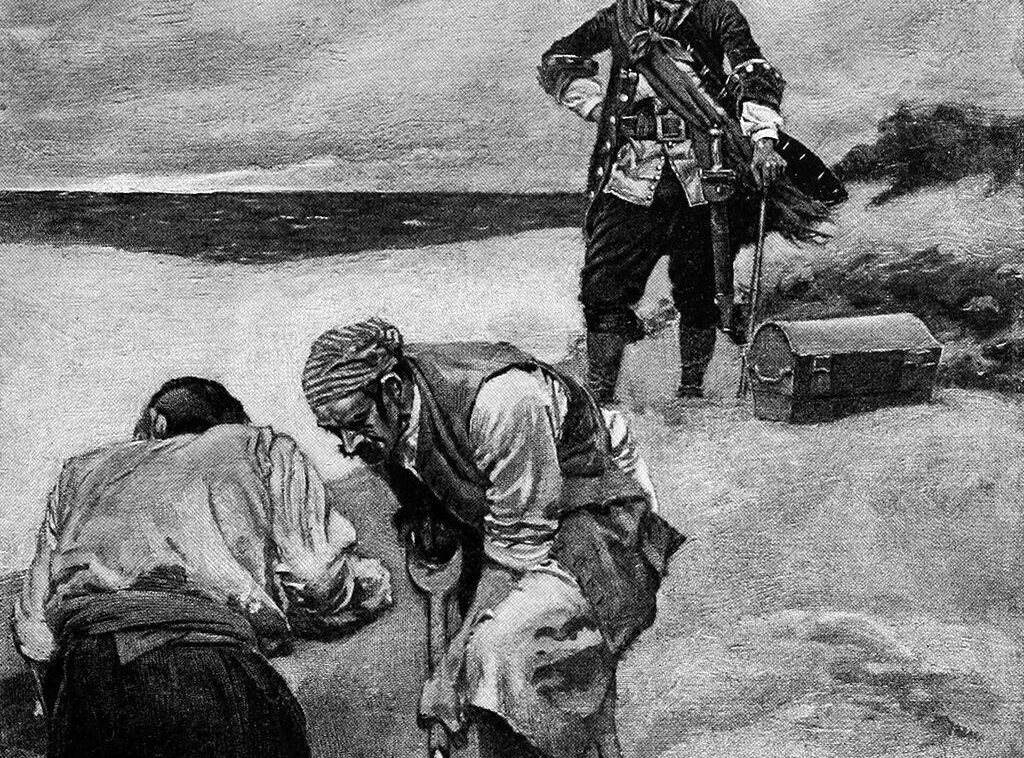 In Search of Captain Kidd's Lost TreasureLast week saw the anniversary of the execution of one of history’s most notorious pirates: Captain William Kidd. Late in the afternoon of Friday 23 May, 1701, William Kidd stepped up to the gallows on the shore of the River Thames at Wapping, east of London.
In Search of Captain Kidd's Lost TreasureLast week saw the anniversary of the execution of one of history’s most notorious pirates: Captain William Kidd. Late in the afternoon of Friday 23 May, 1701, William Kidd stepped up to the gallows on the shore of the River Thames at Wapping, east of London. -
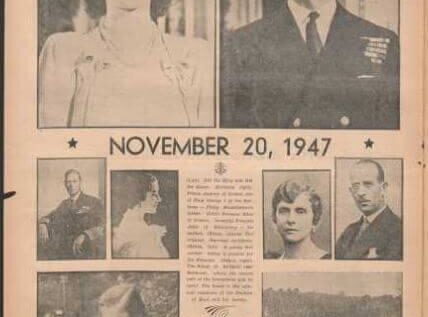 Royal Weddings through The Years: Queen Elizabeth & Prince Philip, 1947
Royal Weddings through The Years: Queen Elizabeth & Prince Philip, 1947The royal wedding last weekend prompted me to delve into one of our latest releases Service Newspapers of World War Two to explore the headlines that were sent from home to battlefield to report on the wedding of Princess Elizabeth and Philip Mountbatten, Duke of Edinburgh (i.e. Queenie and Prince Philip).
-
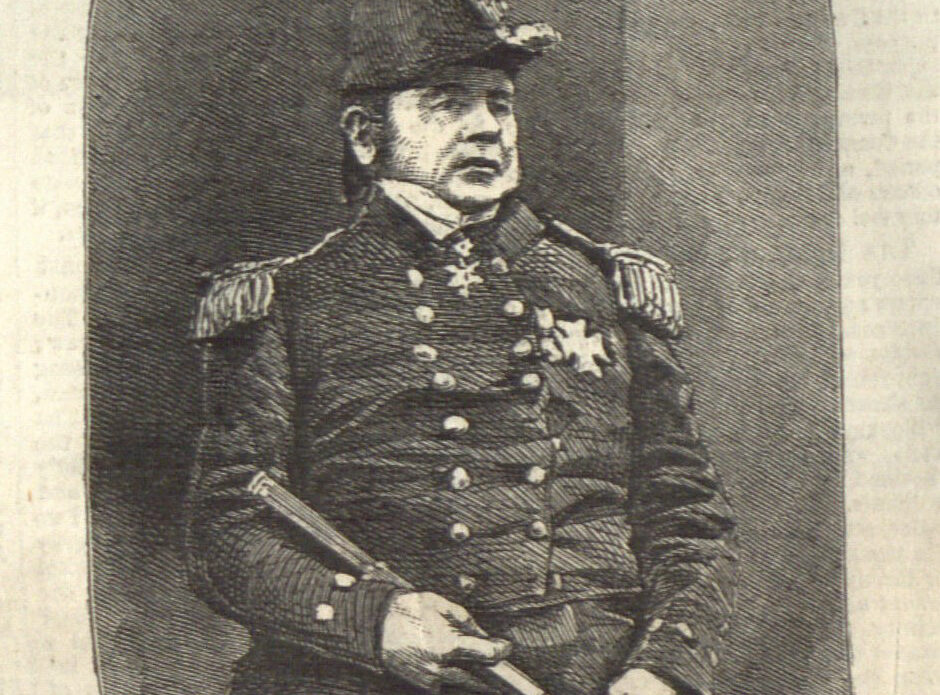 A Chilling Mystery: Franklin's Fatal Arctic Expedition
A Chilling Mystery: Franklin's Fatal Arctic ExpeditionNineteenth century exploration produced countless thrilling tales of derring-do, but the epic story of Sir John Franklin’s ill-fated Arctic expedition is a blockbuster.
-
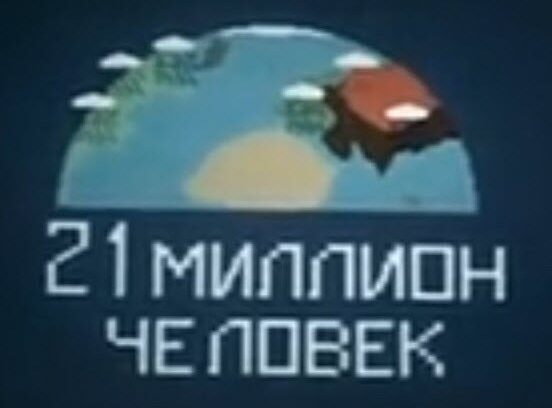 The Time for Propaganda
The Time for PropagandaDuring this Age of Information (or should I say Too Much Information?), it’s difficult to log onto any social media site and avoid the turbulent disorder that is the world’s political stage. We’re constantly being exposed to some kind of political scandal or conflict that we simply must be aware of to stay well-informed. And so, with the waves of Wi-Fi reporting on nuclear deals gone wrong and the world on another precipice, I thought I’d serve up the AMD Special: a film from the archives of the British Film Institute.
-
 Edward S Morse: A look at Meiji Japan
Edward S Morse: A look at Meiji JapanThe late 19th century was a period of immense social, economic and political change in Japan, known as the Meiji Restoration. It was into this time of turmoil and opportunity that American zoologist Edward Sylvester Morse (1838 – 1925) visited Japan for the first time in 1877 to study coastal brachiopods. ... He had a keen eye for observation and was talented in making detailed sketches which accompanied his academic work.
-
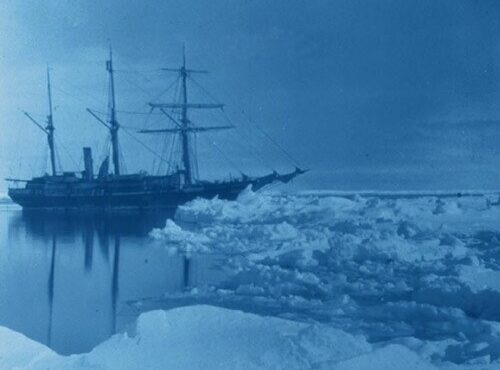 The Last Heroic Stand in the Age of Exploration
The Last Heroic Stand in the Age of ExplorationAge of Exploration, Adam Matthew's new collection for May 2018, contains over 2,400 documents that reveal the history of maritime exploration; explorers, navigators, diplomats, pirates and spies all feature in the pages of this fantastic resource. Well-known voyages of Columbus, Vasco da Gama, Captain Cook, Abel Tasman, Bligh’s Bounty and the infamous mutiny aboard its decks, and Franklin’s lost expedition, to name a few, are represented within the collection. One such famous expedition is Shackleton’s aptly named Endurance.
-
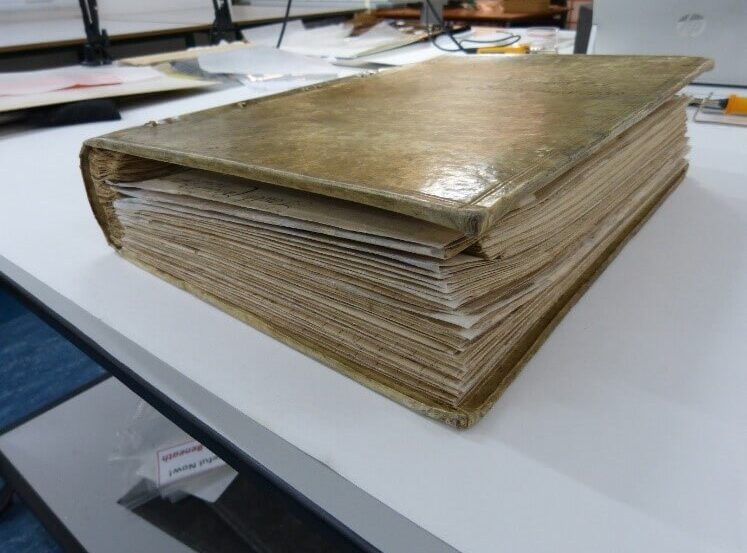 Putting Together the Pieces: Preparing a Highly Fragmented Book for Digitisation
Putting Together the Pieces: Preparing a Highly Fragmented Book for DigitisationAt The National Archives, before a historical document is digitised, it passes through a team of conservators to ensure it is fit for scanning. This ‘stamp of approval’ requires that all information contained within the document be legible and that any damage repaired so that it may be safely handled.
-
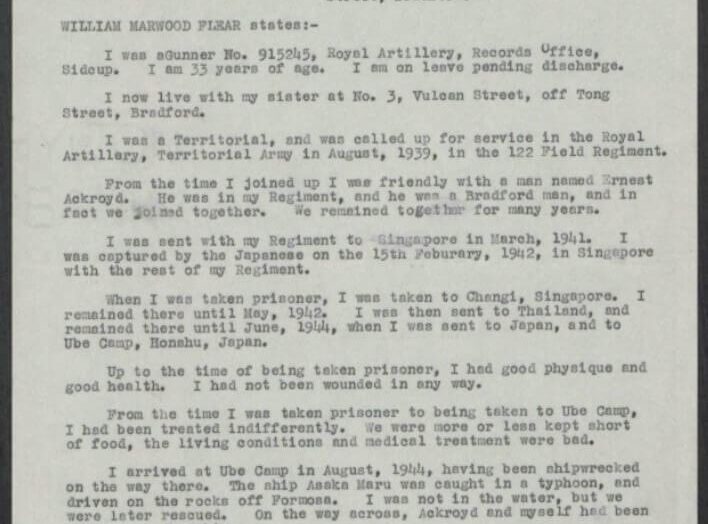 Life in a Japanese Prisoner of War Camp
Life in a Japanese Prisoner of War CampTens of thousands of British servicemen endured the brutal treatment in Japan’s prisoner of war camps during World War Two. Foreign Office Files for Japan, 1946-1952: Occupation of Japan makes available the signed affidavits of some of these men, who documented their ill-treatment to help prosecute those responsible.
-
 Rivers of Blood 50 years on
Rivers of Blood 50 years on50 years ago today, on 20th April 1968, Enoch Powell delivered a speech at a Conservative Association meeting in Birmingham criticising the then-Labour government’s proposed Race Relations Bill. With charged rhetoric and a strong anti-immigration stance, it became better known as the ‘Rivers of Blood’ speech.
The resource Popular Culture in Britain and America, 1950-1975 includes a fascinating collection from the Prime Minister’s Office which contains a document collating a full transcript of the speech, press releases and correspondence with Prime Minister Harold Wilson regarding both the public and legislative reaction in the year following its delivery.
